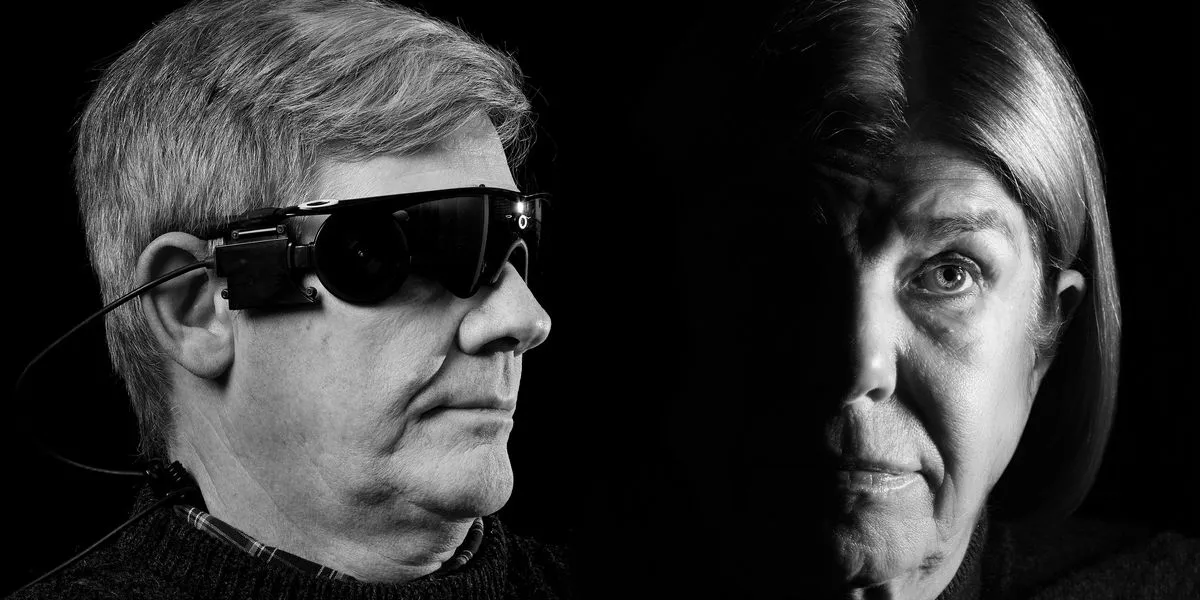Their Bionic Eyes Are Now Obsolete and Unsupported
Their Bionic Eyes Are Now Obsolete and Unsupported

Their Bionic Eyes Are Now Obsolete and Unsupported

These early adopters found out what happened when a cutting-edge marvel became an obsolete gadget... inside their bodies.
It's pretty simple. Medical devices should have certain expectations for time and support. This happens in other industries all the time. Product support has to be guaranteed. And if you can't guarantee product support, make your software open source. That's not a law, just a "I'm not an asshole" placeholder. Open source schematics and software won't fix everything, but it shows good faith effort to help people fucking not go blind.
What's so messed up to me is that the implants I design, inactive pieces of metal, are required to be operable for the life of our longest living patient PLUS 20 YEARS. Yet somehow as soon as electronics are involved they can get away with this. How long until pacemakers or insulin pumps need a license to continue functioning?
This is why I have an issue with privatized medicine.
I agree with your sentiment, and maybe this is a minor quibble, but I don't see how complex electronic implants can be designed to function on the same timelines as "inactive pieces of metal".
I do think that your bashing of privatized medicine is on the right track though. There needs to be some sort of regulatory framework, and possibly public funding, to maintain warranty and replacement stockpiles for implants that are too dangerous, or complex to remove, or unique in the medical niche they fill.
However, I'm just spitballing out of my ass and depth here, so there's a real possibility that everything I just said is nonviable, or otherwise idiotic.
I have a family member with an artificial heart and that is a worry of mine, that one day such implants will need you to agree to ToS in order to ensure continued operation.
Healthcare and profit motive should never, ever be allowed to mingle. That's how you're going to wind up with a pacemaker that requires a monthly subscription or even a prescription - meaning if you don't see an authorized doctor, you can't keep your pacemaker running. If someone like United Healthcare could do this, they absolutely would.
I deal with electrical stuff and it is a different animal. We know our stuff can't last for decades. All we can do is document it so freaken well that the person who deals with it 20 years later has a shot at it. And unlike mechanical we can't just tell people to have a bunch of spare on hand because that stuff will rot on the shelf.
Would it not make more sense for a certain standard deviation away from the mean failure time to still meet the lifespan of the longest living patient? Why a flat 20 years?
Like if your product lasts an average of 40 years with a 2 year standard deviation on failure, if your longest living patient uses it for 34 years then you've effectively guaranteed it will last for life for over 99.7% of users, even if very few will ever last for 54 years.